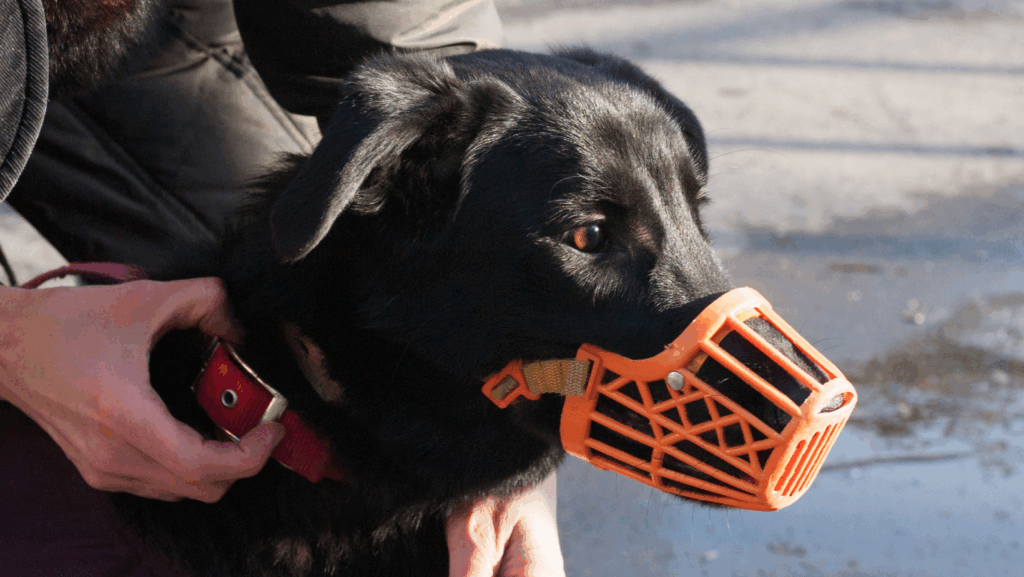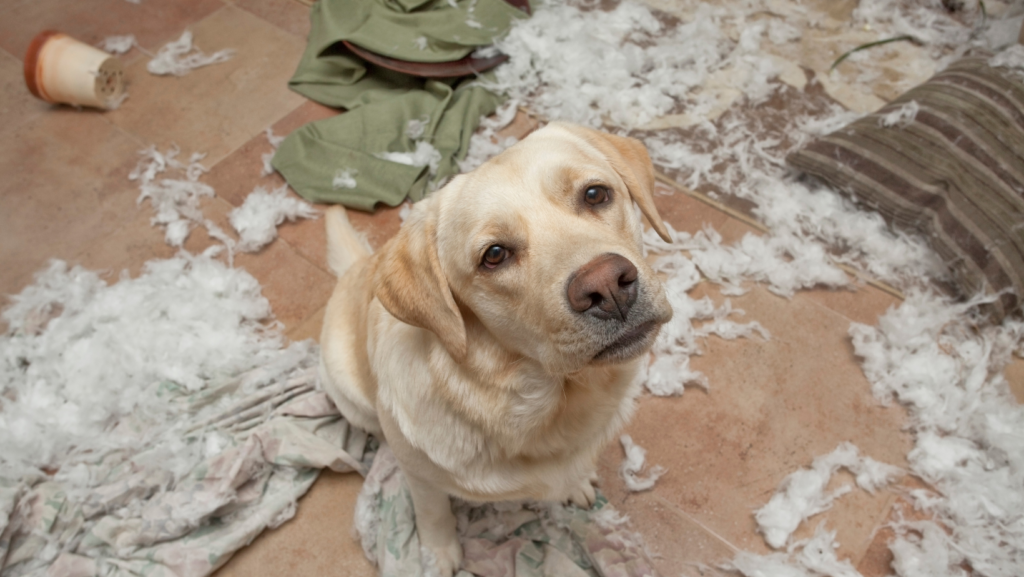Okay, okay. This title might be “click bait”. But hear me out.
Killing your dog with affection sounds extreme, but it’s really not. I saw it happen all the time with my foster dogs. These dogs would come to me with no chances left. They had bite records and massive anxiety….all because of too much affection.
I see the beginnings of it in my client’s dogs that I train now. And I tell all of them the SAME thing:
STOP GIVING YOUR DOG AFFECTION
Giving affection to a dog is like feeding your kid on a diet of candy. It causes health issues, attention deficit issues, and major behavioral issues. You get dogs that don’t listen, jump, bark and yes, even bite. And by giving unearned affection you are ENCOURAGING these behaviors. You are telling them whatever they decide to do is okay with you.
And here’s where it gets dangerous. You know how your dog barks and lunges at strangers? When you bend down (or pick them up) and talk soothingly to get them to stop…you are training your dog to be aggressive. With petting and soft soothing tones you are telling your dog it is a GOOD thing for them to be scared and to bark and lunge.
“But Bethany”, you say, “is there ever a time I can give affection to my dog?”
Absolutely! But hey…how about they EARN it first? How about you treat your dog, and hear me out here…like a dog? You need to love your dog how THEY need to be loved. And dogs need to be loved by providing them with rules, with boundaries, and correcting them when they do stupid and harmful behaviors.
I am a dog trainer and I give my dogs all the love in the world. They get lots of squeezable hugs, and soft baby voices, and kisses. But guess what? They also get lots of crate time, lots of structured walks, and yes…even corrections for behaviors I don’t want.
Stop giving your dogs too much affection. Love your dog so they can be mentally healthy and happy, and not the way that only makes YOU feel good.
More Tips
Check out our other posts

4 Secrets to Helping Your Reactive Dog Stay Calm Around Triggers
Reactivity isn’t always loud and dramatic—sometimes the biggest breakthroughs happen when nothing happens at all. Calm glances, quiet moments, and subtle check-ins are what retrain your dog’s brain. You don’t need perfection, just consistency and timing. Want to know the 4 secrets that make reactivity training actually work?
👉 Click here to read the full blog!

How do I get my dog to stop pulling on the leash during walks?
Most people think walks are just for exercise—but they’re actually one of the most revealing tools for understanding your dog’s emotional state. From pulling and scanning to total disconnection, your dog’s leash behavior is a mirror of your relationship. In our latest blog series, we dive into how leash pressure communicates safety, why structure calms the nervous system, and how to turn daily walks into powerful rituals of trust—without treats or harsh corrections. If your walks feel more chaotic than connected, this is the reset you and your dog need. 👉 Click here to read the full post and learn how to transform your walks from a struggle into a daily opportunity for emotional healing.

Are Muzzles Cruel?
Most people think muzzles are only for dangerous dogs—but what if that’s completely wrong? What if the tool you’ve been avoiding is actually the one thing that could bring your dog more peace, not less? In this blog, we break down the psychology behind muzzle stigma, how to introduce one the right way, and why it can actually build your dog’s confidence. If you’ve ever felt judged, unsure, or overwhelmed about using a muzzle, this will change how you see everything. Click to read the full post—you’ll never look at this tool the same way again.

How Do I Stop My Dog from Chewing, Digging, or Barking?
Is your dog’s bad behavior actually a cry for help? In this blog, we dig into why chewing, barking, and digging aren’t random acts—they’re signals of a nervous system out of balance. You’ll learn why toys aren’t enough, how affection without leadership creates chaos, and when corrections actually start to heal instead of hurt. If you’ve tried everything and your dog still feels out of control, this might be the missing piece. Read the full post to finally understand what your dog’s behavior is trying to tell you.

